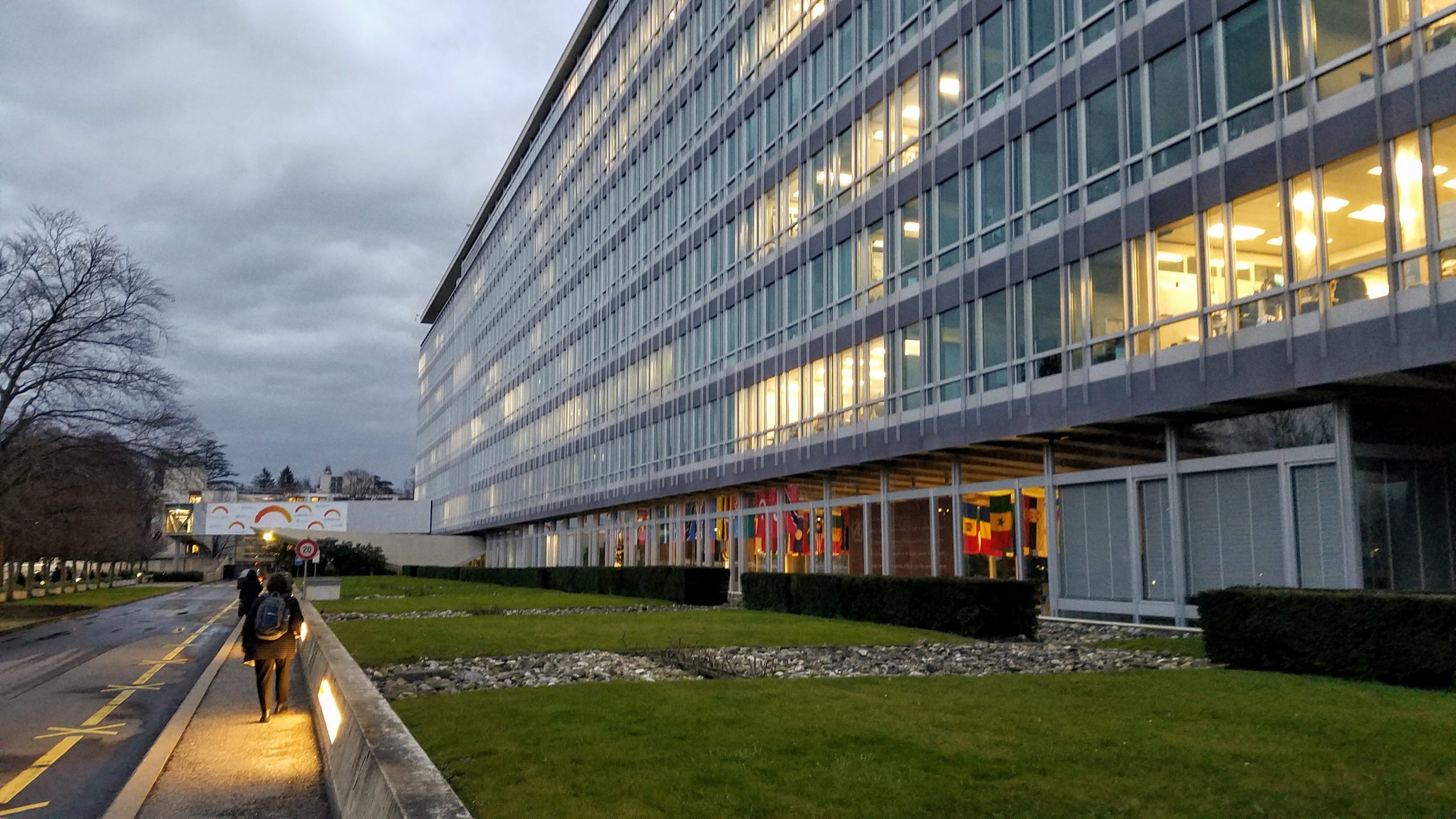Top 10 Recommendations of the Movement for Community-led Development to the World Health Organization Executive Board, February 2020.
Everyone wants a healthy life for themselves and their families. To achieve this, people must have affordable and accountable access to quality health care and disease prevention, as well as information that they trust on the social determinants of health. Inequalities in access affect more women and young people. Based on decades of collective experience in facilitating community health worldwide, we have the following policy recommendations:
- Make health centers the anchor for one-stop public services. Most women are “time poor” and many travel on foot. Their lives are better when access to healthcare, child care, training, banking, marketing and food processing machinery is co-located.
- Establish and report on Citizen Charters. All health and all public services must publish standards of service targets and timely results data at the community level in the local language. These should be created with the participation of the community.
- Regularize social accountability. Local Government systems must establish mandatory mechanisms for community engagement and social accountability across all public services. Public forums – for input as well as feedback on actions taken – must be at times and in formats that work for busy mothers.
- Invest in women’s collective voice. As women are in most cases the “chief health officer” of the family, operating in societies which often marginalize women, civil society organizations must make building up women’s leadership and community-based organizations their highest priority. This entails adequate investment in facilitation.
- Respect community knowledge. Professionals trained in Western medicine must be trained in how to integrate their services with traditional practices – always respecting the dignity of each person as the primary author of their own health.
- Lead community-owned health campaigns. Community leaders must understand any prevailing harmful practices that must be halted (eg, FGM, child marriage, domestic violence, food taboos) as well as key health behaviors that must be promoted, and design and implement campaigns for awareness and action.
- Leverage scarce resources. Health systems must have trained, skilled, paid and well-managed front-line health workers accessible to the community 24/7. Communities can partner to construct health centers and staff housing. Trained community health committees can be an “outreach army” for professional health workers and can organize health camps and awareness campaigns. Health committee members can be trained as first responders with first aid training and to be aware of signs of infectious disease.
- Educate for health and nutrition. School system from pre-school onwards must make health and nutrition high priorities in their curricula.
- Coordinate at District Level. Representatives from communities, civil society and government should meet monthly at the intermediate tier (district, county, commune) to track progress, set priorities and identify gaps.
- Provide fair and adequate health budgets for UHC. Since the 1978 Alma Ata declaration, countries have promised to fund community health. Many fail to do so, and in others budgets are highly inequitably distributed.


